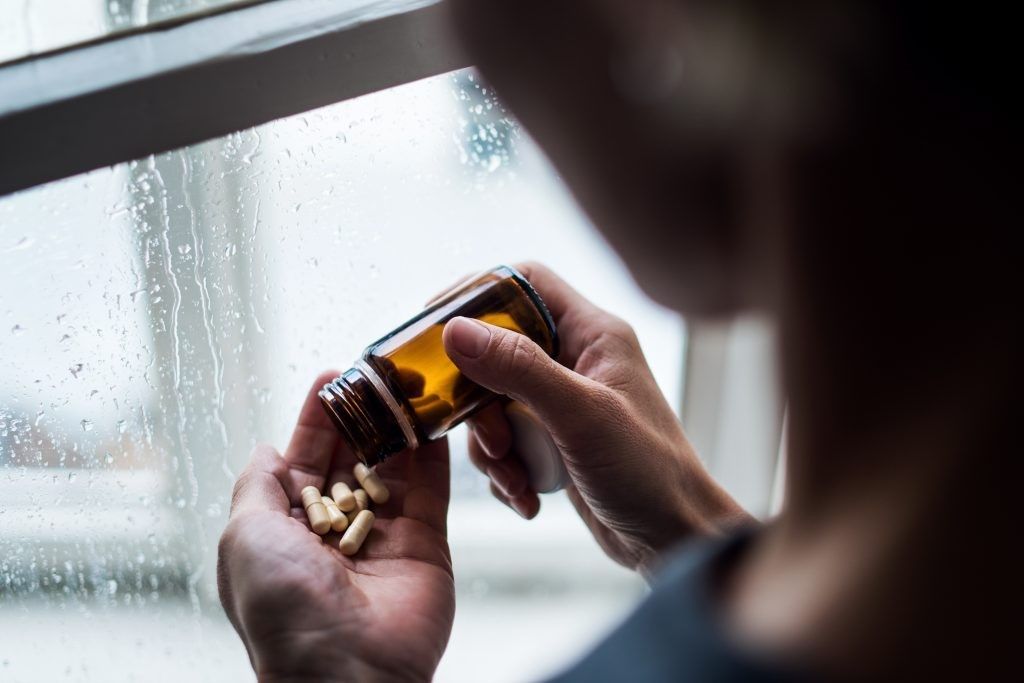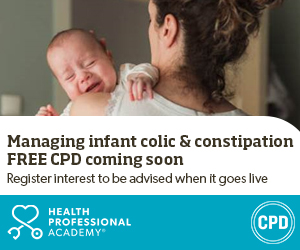As pharmacists navigate a third lockdown with unprecedented demand for their services, pharmacy teams are likely to face prolonged periods of stress, writes Harpreet Chana…
It’s been 12 months since my last article where I highlighted the amount of stress that pharmacists were facing and that we all needed to do more as a sector to ensure that they were better equipped to deal with it… Who could have known that a mere 12 months later we would be facing the kind of crisis that many of us would never have imagined in our lifetime?
In my last article, I reported that 60 per cent of pharmacists were at high or very high risk of burnout. Last November’s annual wellbeing survey from the RPS and Pharmacist Support showed that this figure has now increased to 89 per cent. That’s almost nine in every 10 pharmacists who feel that they are at high risk of burnout.
We hear the word burnout all the time, but many do not realise what it is. Burnout actually comes from prolonged stress. And that is the one thing we are all facing right now as we navigate through a third lockdown with unprecedented demand for pharmacy services (including vaccination), staff shortages, drug shortages and home-schooling, all against the backdrop of the underlying fear that we or our loved ones might catch the virus and become sick. It is relentless and there is no end in sight.
We have to act now.
I know from first-hand experience how much burnout can cost you professionally and personally. More and more pharmacists are pushing themselves to the brink – working long hours, not taking lunch breaks or annual leave and then having to take weeks, sometimes months off to recover from prolonged stress and burnout.
And even then, they don’t always come back to the same job as that was usually the cause of burnout in the first place. And so, workplaces are losing valuable staff too.
So, what can we do? There are so many external pressures that cannot be changed, especially at the moment; the unprecedented demand, the long hours, the lack of resources, the lack of funding, among others. But what we can change is how we deal with it all, how we respond and what action we choose to take. That’s what mental wealth is. And it is why I train and coach in mental wealth not health; because it is the sure-fire way to prevent stress, anxiety and burnout from taking hold.
It is my belief that as pharmacists, we end up developing certain personality traits that come as a result of the job we do, that actually predisposes us to stress and anxiety. I have been covering this in the free webinars I have been running for pharmacy staff throughout January on burnout and all the attendees have agreed with me on this.
In a job where we have to check the accuracy of everyone else and we ourselves must be 100 per cent accurate – because otherwise people could die – massive perfectionism results. The huge fear we have around making mistakes or failing can spill over into everything we do and pretty soon we work ourselves into the ground to make sure everything is done ‘right’ – at home and at work.

This means that we end up with high unrelenting standards of ourselves and of others which, if not met, we struggle to deal with. If others don’t meet those standards, we can end up feeling frustrated and take on their work ourselves because we can do it quicker or accurately.
Or as caregivers, we will sympathise and take on the work because others may not be able to do it. Whichever way, the result is that we take on far too much, struggle to say no and struggle to delegate.
If we ourselves fail to meet our own high standards, however, there is no such self- compassion. Instead, we beat ourselves up for not being able to do the task(s) and feel immense guilt. I always say that if you could cut through a pharmacist, like a piece of rock they would have the words worry and guilt running through them. And this constant worry, guilt at not having done XYZ, punishing self criticism and the constant comparison with others who ‘seem to be coping’ while you are not, is the problem.
Add to the mix that pharmacists struggle to open up about how they may not be coping for fear of recrimination or the potential impact to their career and it’s not difficult to see where the 89 per cent risk at burnout figure comes from.
So how do we begin to tackle this?
Well, seeing and recognising this in ourselves in the first step, and I know many will be reading this and nodding their heads in agreement because this is what they do and how they feel. Next comes actively working to start changing the way you think and the way you work.
It may seem impossible but I help my pharmacist clients with this every day, it is possible. And once you are free from the shackles of perfectionism, guilt and worry, my goodness, is it liberating!
Imagine a world where you can switch off from work effectively and relax without feeling guilty; where you are able to be still without your mind racing a million miles a minute, say no to people with integrity and prioritise your work in a way that ensures the important things get done and everything else is taken care of. It does exist, I promise.
I am hoping, however, that I have made you stop, even momentarily today, and think about how the very nature of your job is contributing to how you may be feeling right now. And to reassure you that you are not alone; so many others are in the same boat.
Please don’t feel like you are the only one who isn’t coping, the majority of us are not, despite what our social media might be saying. Speak up if you are struggling. Don’t wait until it gets unmanageable. No one will judge you and sometimes just talking about it out loud can help.
Harpreet Chana is the founder of The Mental Wealth Academy.








